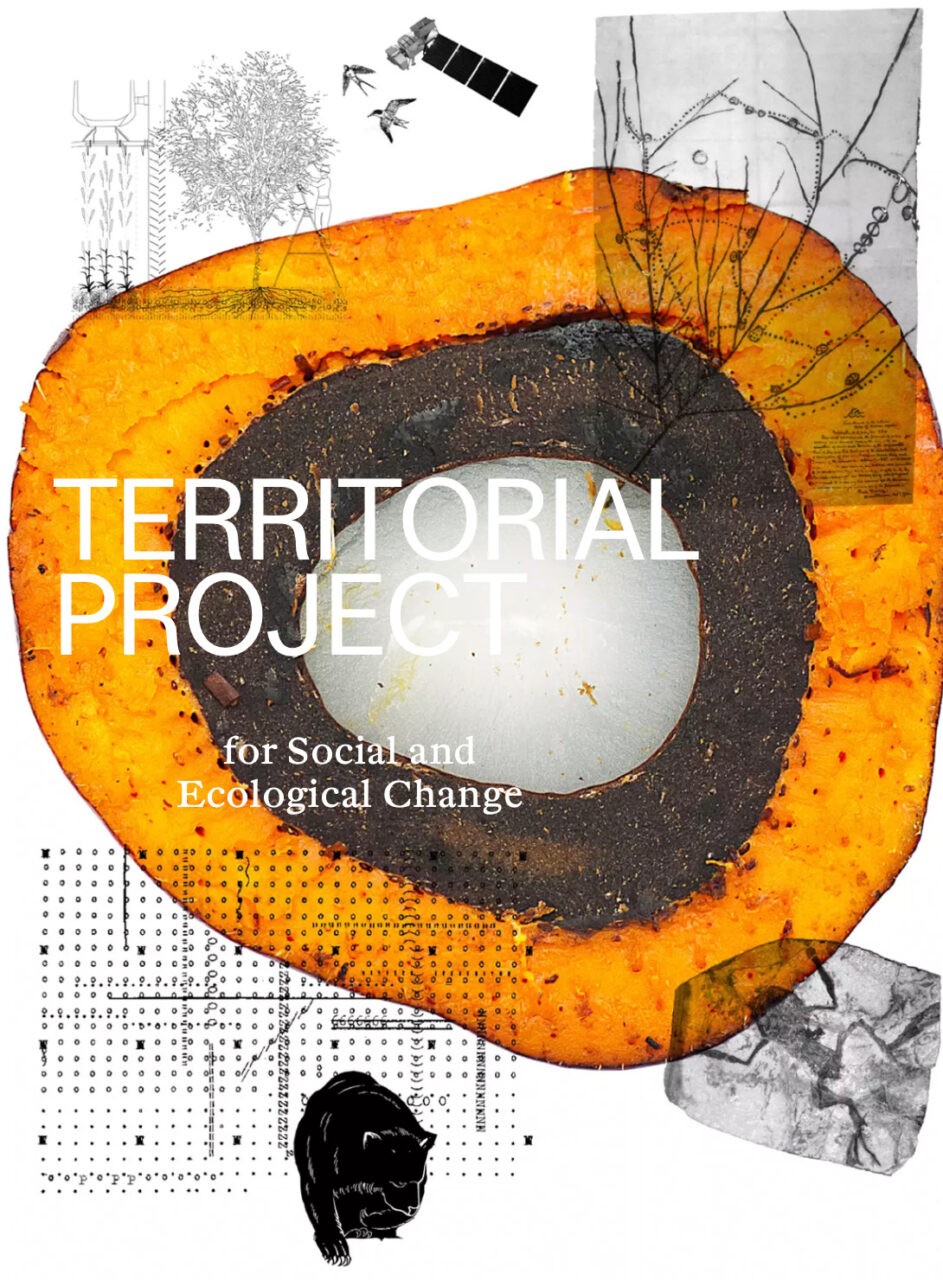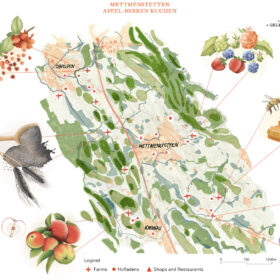
ETH Zürich D-ARCH LUS and EPFL ENAC HRC joint master programme | Application until 31 May 2023.
The Territorial Project for Social and Ecological Change
Urban and territorial design has acquired a new meaning and urgency. From drivers of progress to the source of planetary hazards, the impacts of cities and urbanisation processes are being recast in the public sphere.
The critical examination of anthropocentric world views, the greening of politics and economies, growing social movements, and climate activism are reflected in urban and territorial space, highlighting power asymmetries and fuelling the exploration of alternatives. The future of the urban engages social and environmental imaginaries, which now extend beyond-the-city and beyond-the-human. Rather than an object, the territory becomes a subject among other subjects, and space becomes an agent of socioecological change. In this context, urban and territorial design serves as a crucial field of synthesis, inspiring and negotiating change in science, practice and governance. The design of the territorial project is understood as a possibility to explore common epistemic horizons and new biopolitical paradigms. The MAS programme embraces such a transition as a field of critical and imaginative investigation. Engaging with notions of transformation, reuse, regeneration, reparation, and transition of habitats and ecologies, the MAS will deploy the urban and territorial project as the crucial field of knowledge production across scales.
The joint Master of Advanced Studies at the ETH Zürich and EPFL builds an innovative urban and territorial design education addressing social and environmental challenges both within the city-territory and across wider landscapes. Design and research studios form the core of the programme. Design is explored as a tool for synthesis in an expanded field of inter- and transdisciplinary exchange. The curriculum extends the scope of urban design teaching, to include both emerging developments in urban theory and a deeper understanding of the cultural and ecological dimensions of territories. Scientific research on planetary urbanisation, postcolonial thought, and the Anthropocene will be engaged in relation to urban design, landscape architecture, urban and landscape ecology, sustainable construction, and low carbon mobility.
The MAS serves as a laboratory and a forum where we propose agendas, design strategies and governance models for concrete territories. Both Swiss and international case studies are investigated through intensive, ethnographic explorations and in situ workshops. The programme engages in dialogue with communities, local actors, NGOs and governance bodies.
The MAS in Urban and Territorial Design requires one year of full-time postgraduate study for a 60 ECTS joint degree, the “MAS ETH EPF UTD”. It is taught in English and held at the two Swiss schools, EPFL (Autumn) and ETH Zurich (Spring).chools, EPFL (Autumn) and ETH Zurich (Spring).
About the Joint Programme
The MAS programme bridges between ETH Zurich and EPFL, and is part of the Institute of Landscape and Urban Studies (LUS) at the ETH Zurich D-ARCH and the Habitat Research Center (HRC) at the EPFL ENAC.
Collaborating Teams
Architecture of Territory
Assoc. Professor Milica Topalović
ETH Zurich D-ARCH LUS
Laboratory of Urbanism (Lab-U)
Professor Paola Viganò
EPFL HRC-ENAC
Eligibility
The programme is addressed to international graduates, young professionals, designers and researchers who wish to link research and design expertise in the context of the extended urbanisation of territories. A minimum of three years of study in a design discipline such as architecture, landscape architecture, civil and environmental engineering or urban planning is prerequisite.
How to Apply
Further Details & Applying The new MAS in Urban and Territorial Design is part of, and administered and supported by, the ETH School for Continuing Education. Click here for further details and here for an explanation of the application procedure.
Applications for 2022-23 will be accepted until May 31st. Students requiring a visa to Switzerland are highly recommended to complete the application procedure before March 31, 2023. For any clarifications concerning the programme, tuition fees, scholarships and how to apply, please contact us: Nancy Couling, Programme Coordinator.
